Legal
Is Home Distilling Legal In My Country? (Answered!)
As you may already have realized, most governments around the world place restrictions on the act of distilling your own spirits at home. This is mostly due to the following reasons;
- It’s dangerous to make and drink homemade alcohol
- It’s a way to moderate the impact of excessive alcohol consumption
- To collect tax! Most governments collect an extra tax on the sale of alcohol known as ‘excise’.
New Zealand is the only western country where home distilling is completely legal. Others will permit you to distill spirits yourself under restrictions, but many outlaw the hobby entirely.
In this article, we’re going to have a look at the legality of distilling your own alcohol in various countries around the world.
A word of caution: Alcohol you distill at home can be just as safe to drink as alcohol you buy from the store if you make it the right way. However, homemade spirits can be dangerous if you don’t know what you are doing. Respect the rules of your country and don’t do anything stupid.
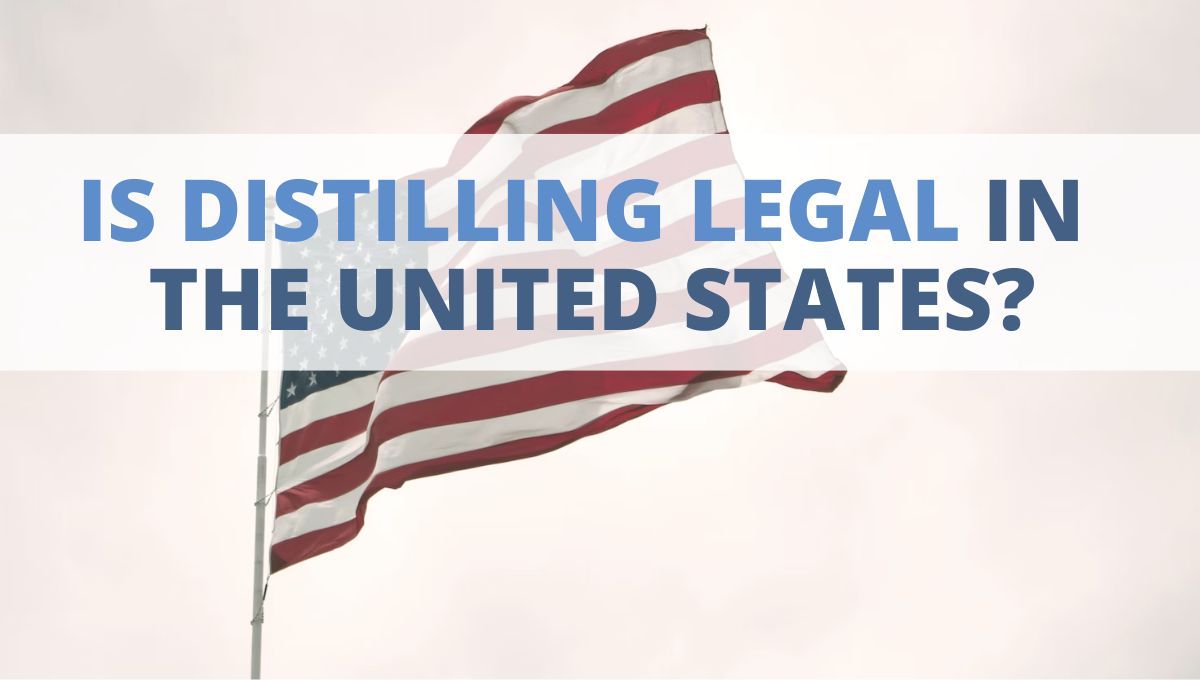
Table of Contents
Can you legally distill alcohol in the United States?
You need a federal permit to distill alcohol for use or sale in the United States. Sometimes there are also state laws in addition to these federal laws.
If you own a still for purposes other than brewing spirits, you can have one without a license. You might have a still for scientific experiments or decoration; in those cases, you don’t need a permit. You can use a still to purify water or make non-alcoholic drinks; this does not require a license either.
If you want to brew spirits, even if it is to drink yourself and not sell, you need to apply for the federal distilled spirits permit. You must pay a fee, and you must allow regulators to inspect your brewing equipment.
You can get a still of any size – there is no limit, as some people believe. You can also keep your still at home – there is no law that you have to keep it in a shed.
Improperly made moonshine is dangerous, so there are federal regulations. You can also get a separate permit, the “federal fuel alcohol permit,” for making fuel alcohol.
The fuel alcohol permit is cheap; you will have to pay more for the distilled spirits permit. Some other states have local laws in addition to federal laws.
For example, you must have a state permit in Florida before you can even own distilling equipment. If your state’s laws say that you do not need a license, federal law outweighs this, so you still need a federal license. You can get up to five years in prison or a fine of up to $10,000 in the United States for distilling alcohol.
The amount of excise tax charged is governed at a state level and varies wildly state by state. We’ve written a follow-up article here on how much excise taxes are in your state
Read More: This article talks about how to get a distilling license in the USA
Check out our other articles on whether or not distilling is legal in your state:- Is distilling legal in Alabama
- Is distilling legal in Calafornia
- is distilling legal in Florida
- Is distilling legal in Ohio
- Is distilling legal in Texas
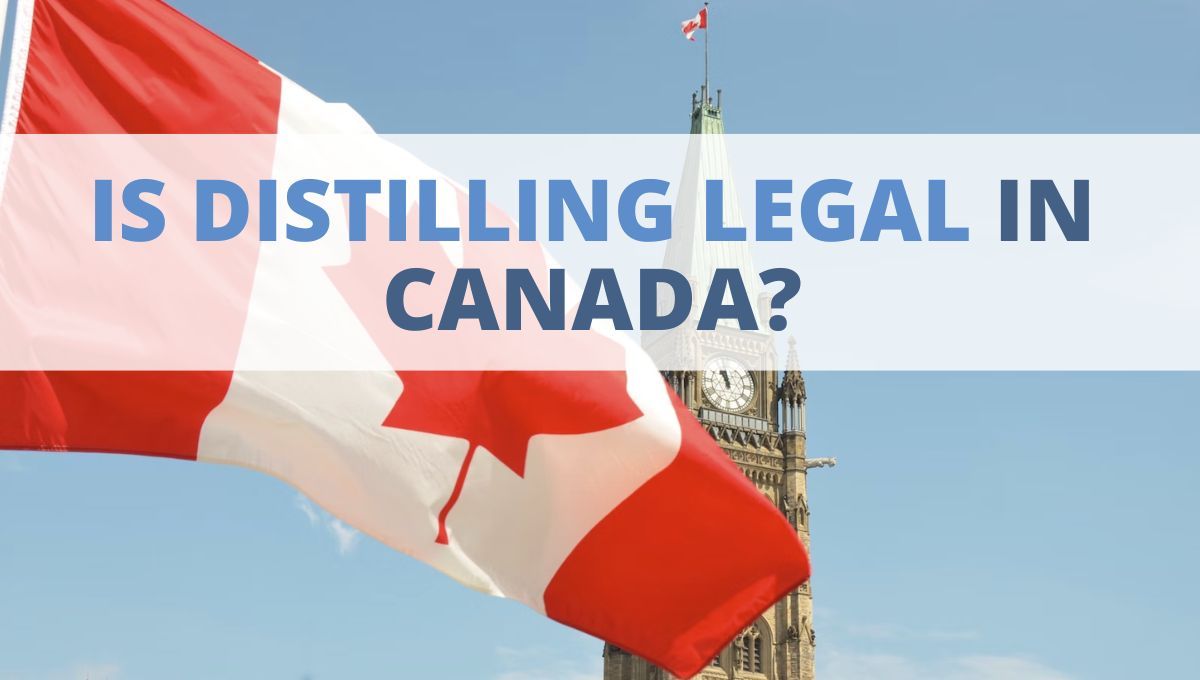
Can you distill without a license in Canada?
Canadian laws are much more lenient if you want to use the alcohol yourself or give it away for free. The laws are stricter if you want to sell the alcohol to others.
Some people use a still to make essential oils or for many other purposes. This is legal for anyone. There are no laws against owning a still.
To brew alcohol, you need a federal liquor license. Since it is difficult to get this license, brewing alcohol at home is not really allowed in Canada. It might only be worth it to get this license if you want to brew alcohol for commercial purposes.
Penalties in Canada include up to five years in jail and fines of much more than $10,000, potentially $500,000 or a million. Usually, the police tolerate small brewers. The police may ignore reports of someone brewing spirits unless they are selling or they are brewing a lot of alcohol.
Distilling at home in the UK
You need a license from Revenue and Customs, even if you only want to brew alcohol for yourself and not others. Some people use stills for making distilled water to brew alcohol, which is not legal. You need a license and proper equipment to brew spirits in the UK.
If you are brewing for commercial purposes, you have to pay alcohol duty taxes. You can brew as much as you want if it is for personal use.
If you are caught brewing without a license in the UK, you may be charged for the amount of alcohol you might have brewed in that time frame.
Even if you didn’t use your still constantly, the law might treat you as if you did and fine you a lot of money. You can also get up to five years in jail.
Part of the reason for legal restrictions on brewing alcohol is that alcohol vapor is explosive. A brewer that doesn’t know what they are doing could die or get someone killed by causing an explosion or a fire.
However, there are not many of these accidents in most countries in reality. The risks are there, but they have often been exaggerated.
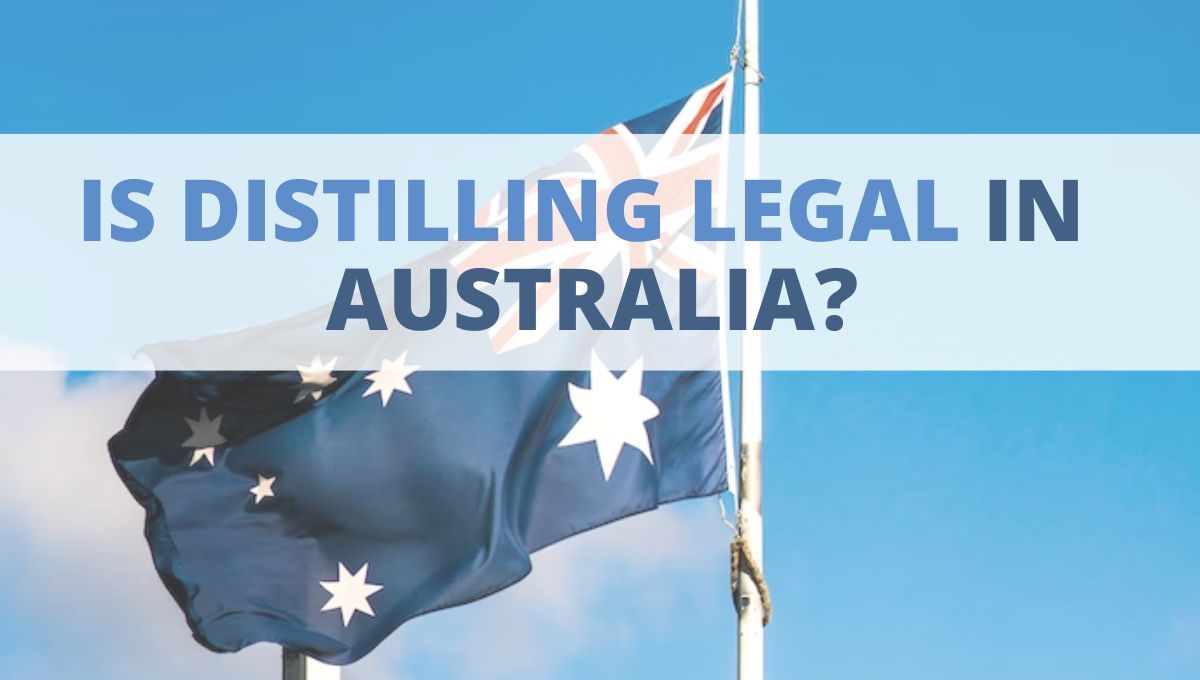
Australia
Australia is a good country for small distillers. The license is free and easy to get. It is not so much of a hassle to get the license that it is only for commercial distillers.
A downside of the Australian laws is that you have to pay taxes on all the spirits you make at home – even if you do not sell them! This goes back to a 1902 law that makes spirits more legally restricted than wine or beer.
Despite this odd rule, the Australian authorities are easy to work with. You can deduct the taxes you pay on brewing alcohol from your income taxes, so it is a good country for people who distill spirits themselves.
If you distill without a license, penalties are not very light. You can get a fine of $85,000 Australian dollars or up to two years in jail. Licenses are easy to get, so get a license first.
After World War II, there was large-scale immigration from Italy, with many of the immigrants settling in irrigation areas with orchards and grapevines. Many of the immigrants made wine for their own use, which was perfectly legal. However, some of them gathered and fermented leftover grape skins, seeds and stems to distill homemade grappa. Because of the woody seeds and stems, the raw liquor held substantial methanol; and there were occasional incidents of poisoning, sometimes at large parties, by distillers who had too much methanol in their moonshine. Thus, the widespread deaths meant home-distillation has greatly decreased with later generations, and farm consolidation.
Read More: This article talks about how to get a distilling license in Australia
New Zealand
In New Zeeland, brewing moonshine for non-commercial use is legal and unregulated. You can easily buy a still, and no license is required. You do need a license if you want to sell what you brew. Along with Australia, this is one of the more lenient countries, perhaps the most lenient English-speaking country.
Distilling doesn’t seem to do much harm in New Zeeland. While there are cases of fires, ordinary kitchen fires are much more common.
Homemade spirits poison few people. Hopefully, the lack of harm in New Zeeland could help laws become more lenient elsewhere. People assume that homemade liquor is more dangerous than it actually is.
The law is not clear on whether or not giving away alcohol you brew for free is legal without a license in New Zeeland. The law says that “personal use” is legal, and it is not known whether or not this includes giving it away.
A Look At Some Other Countries
We don’t have enough time to list every country in the world here, but here are a few below to give some perspective.
South Africa
There are many small distillers in South Africa, where liquor made out of fruit is common. Distilling requires a license. Craft breweries are becoming more common in South Africa.
Serbia
Home distilling is common in Serbia, with many different types of liquor produced in many parts of the country. Any rural area has distillers. Poisoning incidents are few and far between.
Scotland
In Scotland, the laws are the same as in the rest of the UK; you need a license, and penalties are not minor. In Ireland, illegal moonshine made from potatoes and grains has a long history in the country.
Summary
Progress toward making home distilling legal is slow. Hopefully, the lack of poisoning incidents in many countries where moonshine is commonplace could convince more countries to make licenses easier for people to get. Laws are much harder on distilling spirits than on brewing beer.
A Distillers’ Guide To Excise Duty (Excise Tax Considerations)
From the Author: This article has been written as a necessity given the variety of{...}
Is Making Moonshine Illegal In Florida (Explained)
So, you live in Florida and want to get your hands busy and make moonshine?{...}
1 Comments
Is Making Moonshine Illegal In Texas? (Explained)
The state government has a legal monopoly in Texas, which means that you can’t legally{...}
Is Making Moonshine Illegal In Ohio? (Explained!)
If you want to make moonshine in Ohio, you might also be wondering: is that{...}

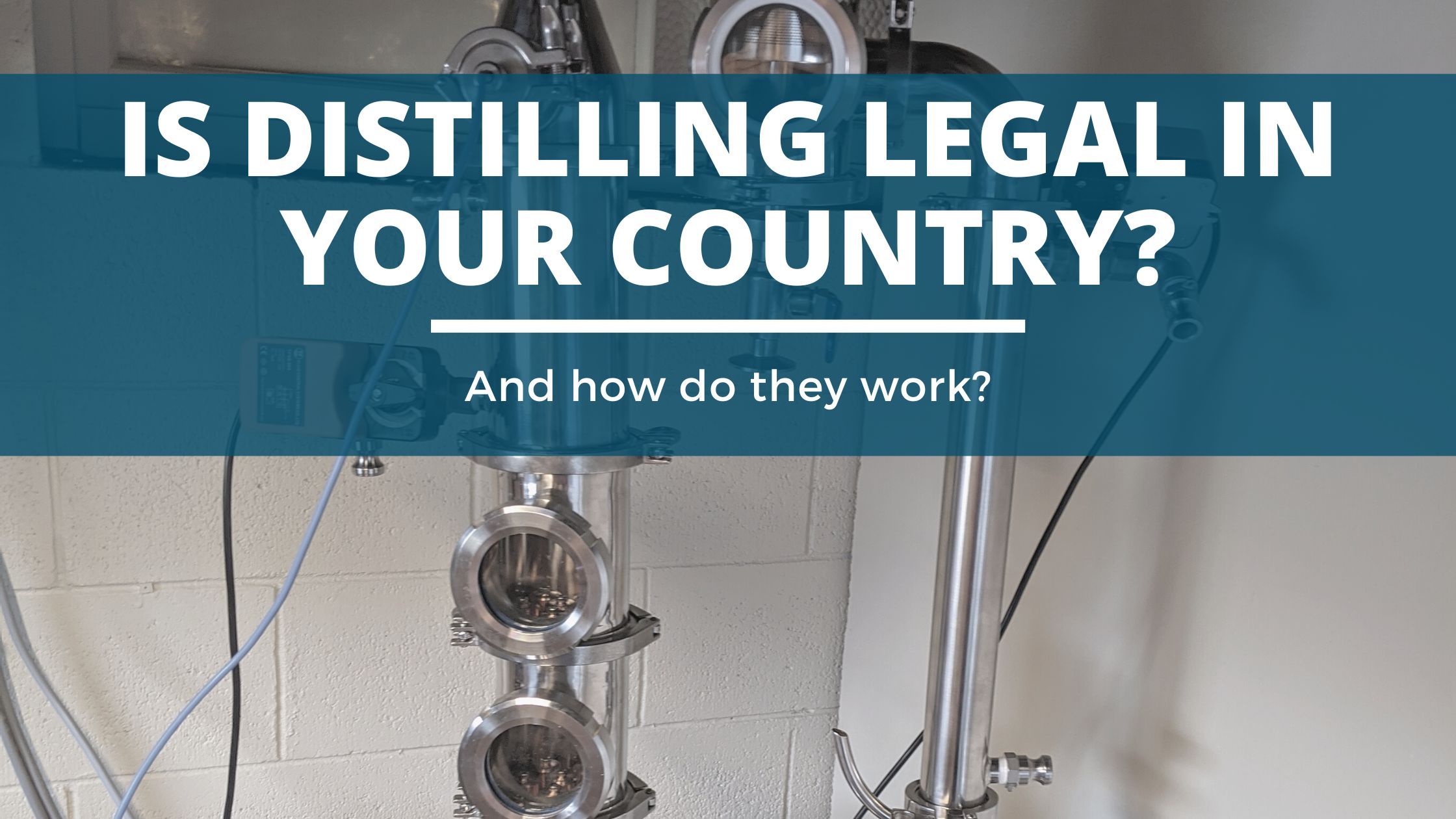
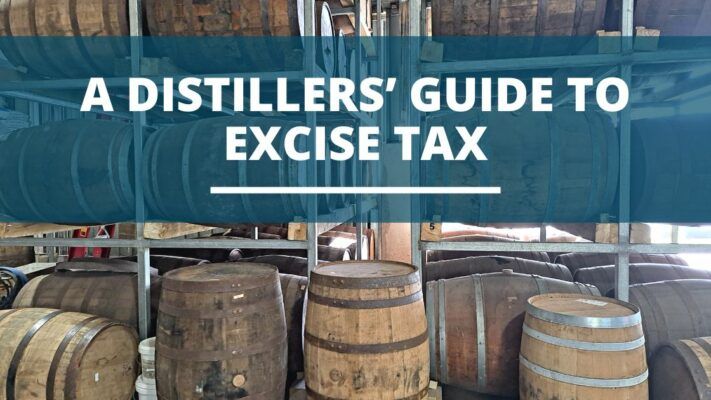
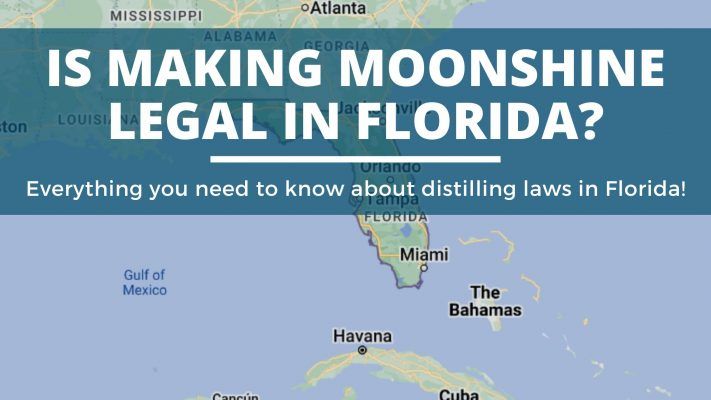
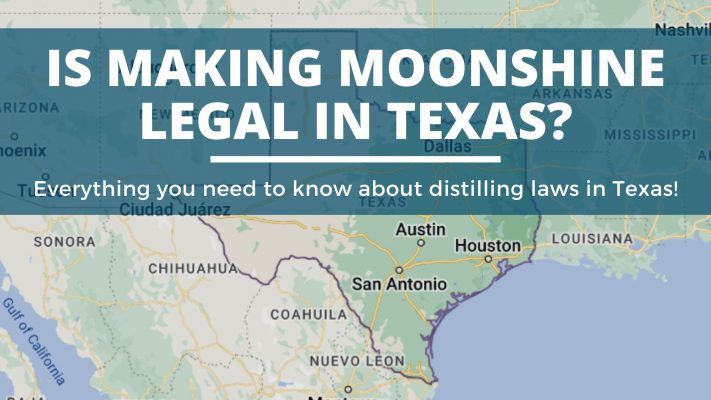
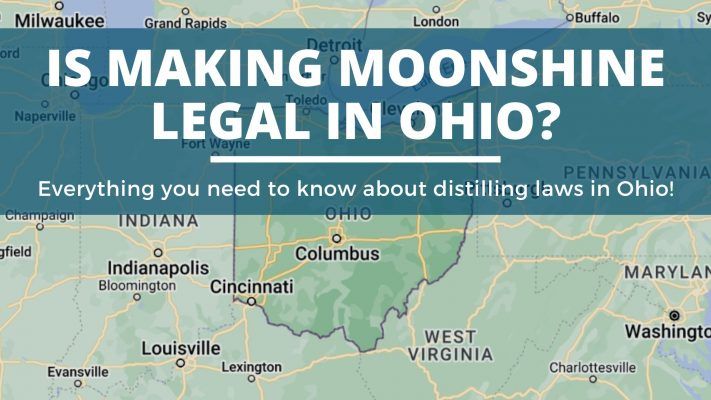
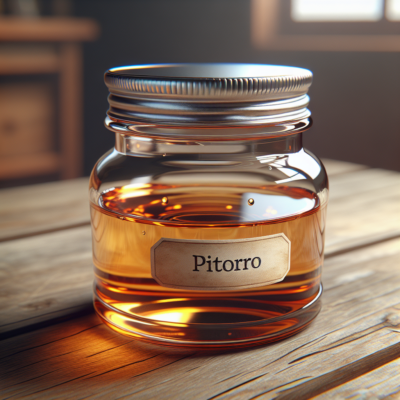


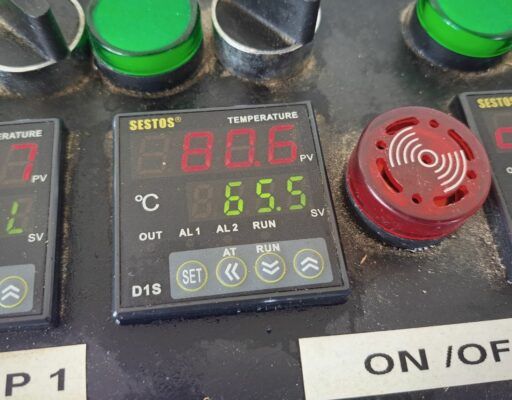
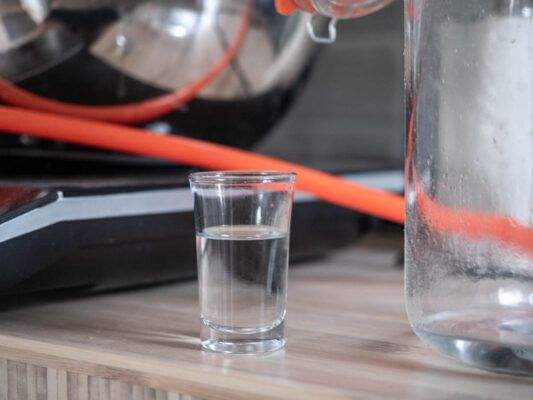
Where can I purchase a small still ??
We recommend the T-500 turbo still by StillSpirits if you’re just starting out in the hobby. It’s reasonably cheap, can do a lot, and is available on Amazon! https://diydistilling.com/t500-turbo-still-review/